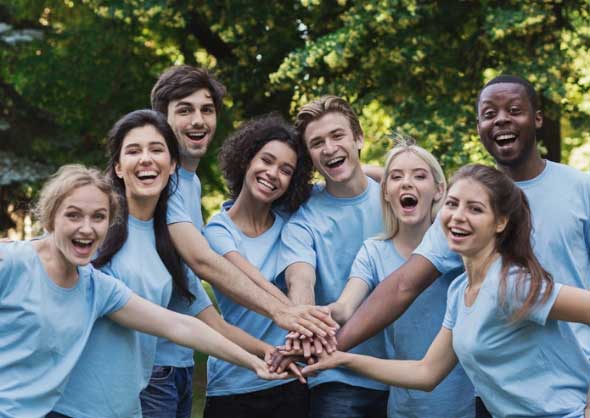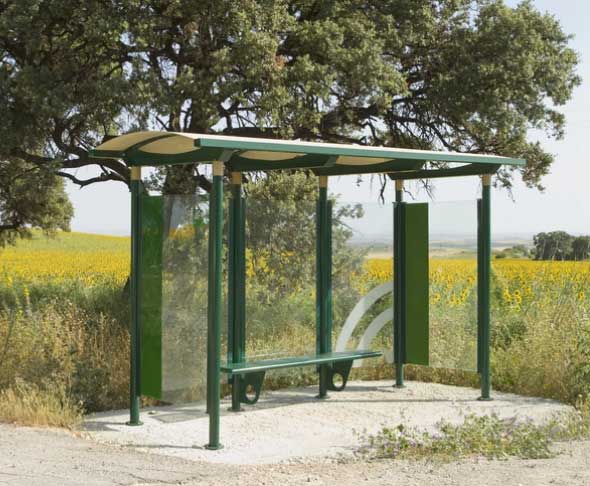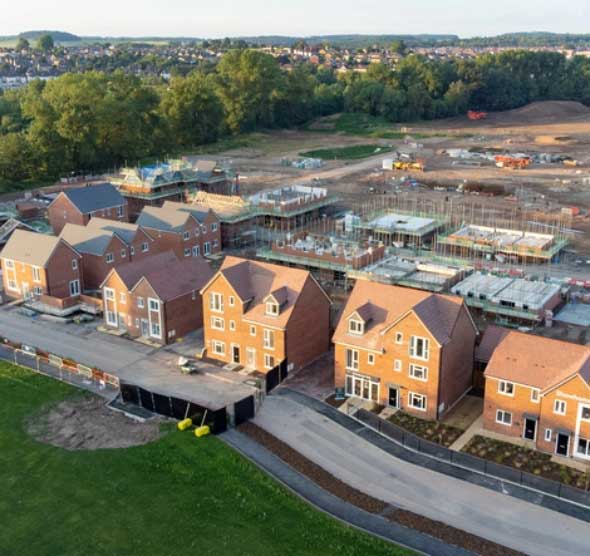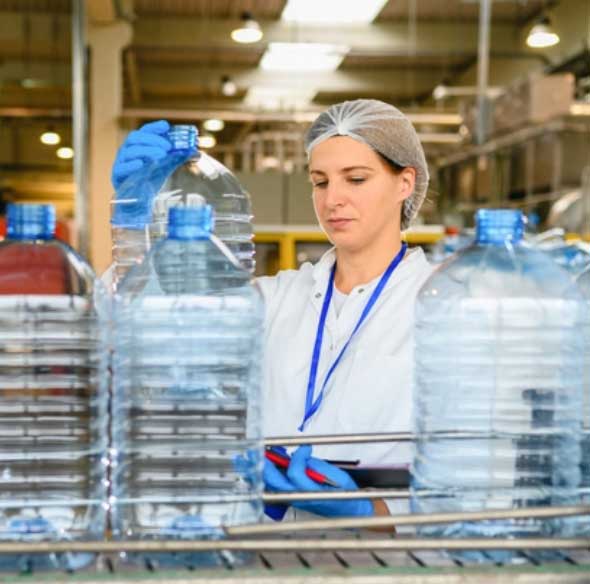The idea started out simple enough; build covered bus shelters and deploy them in cities whose citizens rely on public transportation, to provide a place to sit and protection from the elements.
It Has Grown Into a National Foundation, Which Has the Potential To Impact the World.
We call it the “4 Seeds Initiative” but it's not about planting actual seeds in the ground. It’s a vision – a calling – to help our fellow friends, neighbors and all the people across our communities live better, be more productive and be great stewards of our own homes and towns. The 4 Seeds Initiative is powerful program that places shelters, jobs, affordable housing and even offers the chance to give back within individual communities.
With your help, Sheltered By Love Foundation will create a national, self-sustaining philanthropic organization, which will operate four distinct, yet intertwined “seed programs” in the form of bus shelters, affordable housing, community jobs and environmental care.
In this way, the Sheltered By Love Foundation will only need start-up capital. Once fully engaged and operational, it is the intent of the foundation to be completely financially self-sustaining, as well as capable of providing for the life-needs of local citizens and their families.
After the aforementioned “seed” money is implemented, which will be provided through a variety of fund-raising campaigns, our vision is to create a legitimate business, which will not only provide money for additional programs, but will also help us employ local citizens with living wages, while offering a quality home to live in, and a way to give back.
MUNICIPAL BUS SHELTERS
The initiative begins with covered bus shelters. In many large metropolitan regions throughout the country, public transportation provides a vital service. However, waiting for that transportation – specifically city buses – usually involves standing at a designated area with no place to sit and no shelter from the elements.
For a wide number of the population – specifically handicapped citizens - seniors or young children, this poses a very real, and consistent problem. Exposure to the elements can cause physical harm or discomfort and negatively impact the health of these citizens.
Due to the recent pandemic, city funds have been cut extremely thin, and these municipal offices simply do not have the resources necessary to purchase and install quality bus shelters for the public that desperately needs them.
As of March 2018, Fort Worth, Texas has approximately 2,000 bus stops. Less than 200 have any kind of shelter and/or seating.
The Foundation intends on closing the gap that exists between the number of bus stops and the number of covered bus shelters by organizing, receiving and donating funds directly to local metropolitan transportation departments, for the express purpose of buying and installing approved bus shelters at existing city bus stops.
Each of these bus shelters will be adorned with a unique memoriam plaque, which honors the name and memory of a person, whom the donor has named. Individual and corporate donors who contribute a pre-determined amount will be able to name the specific memorial plaque on a shelter.
AFFORDABLE HOUSING
The need for affordable housing has never been greater. With more and more citizens and full families immigrating either to our country or to our state, coupled with the national housing shortage, due to the global pandemic, the need for sustainable, affordable housing has hit peak need.
The solution is not more high-density, apartment housing. Instead, actual single-family residences, in clustered groups, to foster real community.
This “micro-neighborhood” is a clustered group of houses gathered around a shared open space, such as a garden courtyard, a rec center, or a community pool, all of which have a clear sense of territory and shared stewardship. These are places where neighbors can easily get to know one another and find a helping hand.
Creating small homes (think 500-1,000 square feet) on small lots allows more compact development, which uses land efficiently and can offer greater access to amenities. In smaller homes, residents tend to spend more time socializing with neighbors. Small homes mean a smaller energy footprint and are easily sustainable through the use of passive solar energy, low water-use fixtures, and the abundance of vegetation. In addition, our neighborhoods will employ a first-of-its-kind water reclamation system to reduce water consumption.
Our vision is that these micro-neighborhoods will be created adjacent to the local job providers facility, and be offered as low-cost rental residences to both employees of the facility and essential city workers, so they may live in the city they serve.
COMMUNITY JOBS
So that we may provide living-wage jobs to local citizens, as well as provide the on-going funds required to help fund the Foundation, we intend on creating a revolutionary water-bottling company.
This company, aptly named W.O.W! Purified Water is a community-based, woman-owned, franchisable water bottling operation. The idea is to create fulfilling and livable employment opportunities in regional Community Reinvestment Zones (CRZ), based on the one common and irreplaceable need we all share - water.
The goal is to develop and deploy these franchises throughout each CRZ. With the correct training, our local talent will operate and eventually own a facility. In this way, we increase the opportunity potential for these often forgotten and overlooked regions of our communities.
In order to help reduce America's rampant over-use of disposable, plastic water bottles, the Foundation will only offer W.O.W! Purified Water in 100% fully-recyclable aluminum bottles.
ENVIRONMENTAL CARE
Many citizens want to do the right thing and recycle their plastic, paper, cardboard, glass and aluminum goods. However, a large number of these well-meaning people are faced with the problem of finding a nearby recycling plant or the like where they can offload their recycling. And so, in most instances, it is far easier to simply throw recycled goods away together with their garbage.
Unfortunately, it is simply easier to throw items away than schedule multiple trips to a variety of stores, stations or centers. And with today’s family schedules becoming increasingly busy, asking families to add yet another special trip to their already cramped day is something that many are unwilling to do.
The introduction of Neighborhood Recycling aims to solve this problem with simple, yet effective, small-footprint recycling facilities.
These facilities, dispersed throughout the city, such as adjacent to (or in the parking lots of) neighborhood grocery stores, would be specifically designed to help quickly and efficiently recycle the most common types of materials (plastic, paper, cardboard, glass and aluminum).
In addition, to help incentivize consumers to recycle their W.O.W! Purified Water bottles, the Foundation plans on helping enact local legislation, which will call for a deposit amount of $0.25 per bottle returned. Finally, we will leverage existing financial transaction technology that will allow consumers to earn instant cash-back rewards, based on their recycling efforts.




